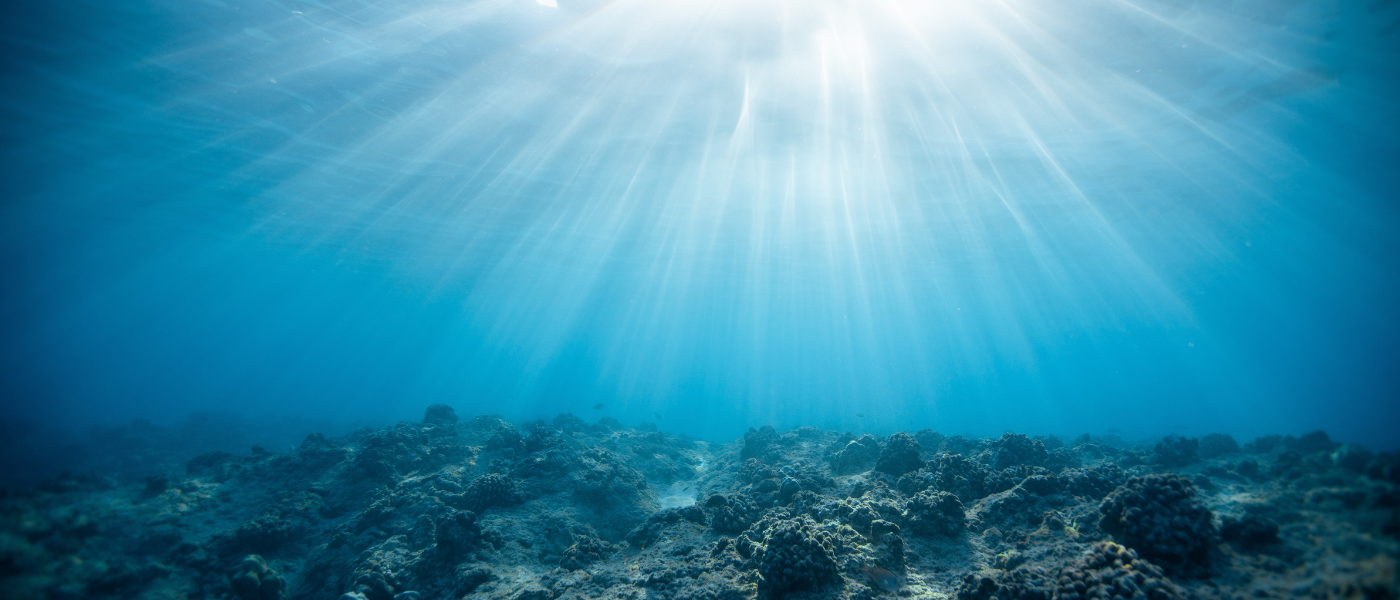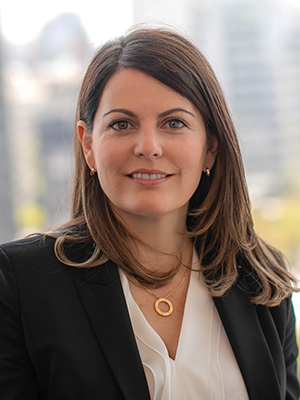That is why Inria in Chile leads OcéanIA, an interdisciplinary project that aims to advance the state of the art in digital sciences and, specifically, develop new tools of artificial intelligence and mathematical modeling to contribute to the understanding of the oceans and their role in regulating and maintaining the biosphere and climate change.

Developing strong French-Chilean cooperation links in this 4-year project (2020-2024), teams from Inria Chile, ANGE from Inria Paris Centre, TAU from Inria Saclay Centre, and BIOCORE from the Inria centre at Université Côte d’Azur Inria Sophia-Antipolis are participating. Additionally, the Fondation Tara Ocean, the GO-SEE Federation of CNRS, and the ComBi team from LS2N at the University of Nantes are also involved.
Furthermore, Inria Chile, in its mission to build scientific leadership by accelerating the research force of its teams in collaboration with those from other universities, invited the Department of Ecology and the Center for Global Change at the Catholic University and the Center for Mathematical Modeling at the University of Chile to join and be part of this initiative as relevant actors within it.
This project consists of an Inria Challenge, which is part of a global challenge such as the fight against climate change. It is a research funding action in which the institute makes its resources, both human and financial, available to address a challenge that aims to have a strong impact on specific topics.
OcéanIA will analyze the data collected by the Fondation Tara Ocean through maritime expeditions in the Atlantic, Southern, and Pacific Oceans, in a two-year campaign, as well as data from previous expeditions. The data associated with the samples collected, along with other sources of climate and satellite data, will be the driving force behind OcéanIA. The OcéanIA team consists of over 15 scientists, engineers, and postdoctoral researchers from different fields such as artificial intelligence and machine learning, causal learning, explainable AI, mathematical modeling, data engineering, high-performance computing, data governance, bioinformatics, ecology, marine biology, and political scientists who will collaborate in this interdisciplinary Franco-Chilean initiative.
This challenge will allow us to understand biodiversity and develop a comprehensive line of functional analysis of it and its relationship with the environment, particularly in the ocean, but not exclusively. This will lead to the design of different services for the environmental community.
Lastly, this project aims to be a science-based tool to influence decision-making regarding the implementation of new ocean-climate models and to mitigate the risks of inaction.

Verbatim
OcéanIA is an example of scientific excellence and commitment to the common good. Nowadays, we can say that the oceans are the last unknown frontier, and understanding the role of the oceans in climate change is not only important but also a major challenge for modern artificial intelligence and applied machine learning. This Inria Challenge will allow us to work alongside incredible partners to address a global challenge like climate change.
CEO of Inria Chile
